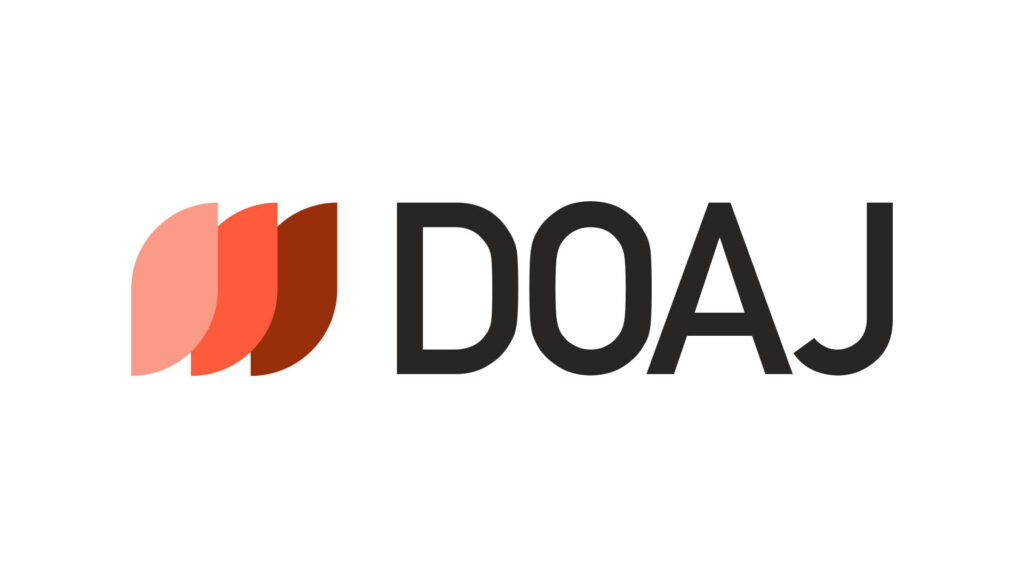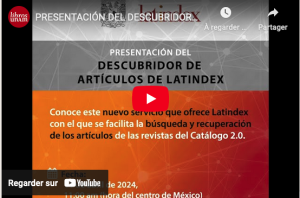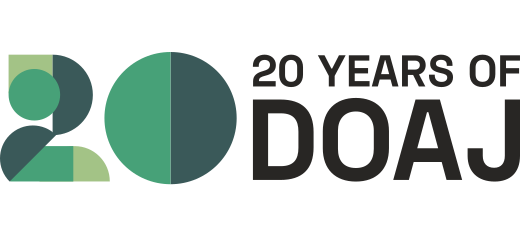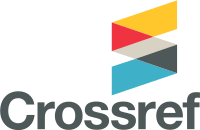DOAJ’s Role in Supporting Trust in Scholarly Journals: Current Challenges and Future Solutions

Throughout their history, scholarly journals have verified the reliability and quality of research, and the peer review process they use is an important building block of trust. In this blog post, Joanna Ball, Managing Director of the Directory of Open Access Journals (DOAJ) and Cenyu Shen, Deputy Head of Editorial Quality, reflect on the current threats to trust in scholarly journal publishing, and the implications for organizations like DOAJ that seek to uphold that trust.





